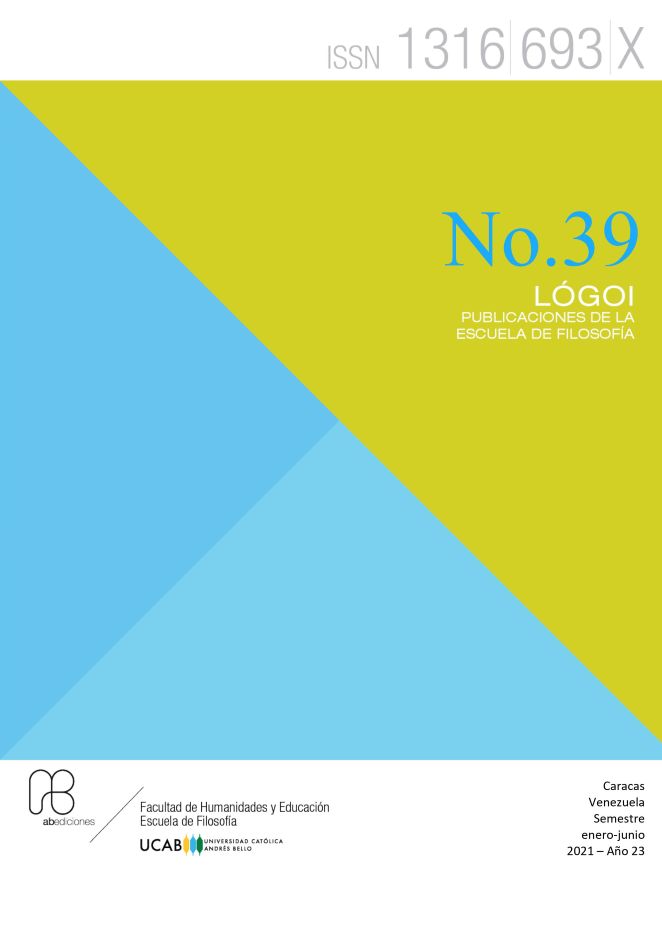No. 039 (2021): Núm. 39 (2021) enero-junio 2021. Lógoi. Revista de Filosofía

Free will, agency, and moral responsibility. In the extensive list of problems that remain active in philosophical research, free will, and its connection with the ideas of agencyality and moral responsibility, among others, is undoubtedly positioned among the first places. The issue is not only an ancient question that is still open and unresolved; It has become over the last sixty years, especially during the last four decades, a matter of dynamic and fascinating debate. The classical doubt about whether our futures are already decided by a priori causes, an assumption that can have varied metaphysical significance, or whether, on the contrary, human action, and the effects that it entails, can intervene in the structured arrangement of what is and will be, thereby overflowing predetermined events -which also has its ontological weight-, it continues to keep the controversy very much alive. The magnitude that this dilemma has acquired is extraordinary and is evidenced by the inexhaustible literature available not only in the field of philosophical research, but also in that of different scientific areas. Developments in free will are largely analogous to studies in consciousness, another big philosophical topic on the to-do list. An elementary intuition about free will has been the presupposition that consciousness is necessary: we need to be aware of the volitional acts of which we are capable as a precondition for deliberating and choosing between possibilities. Although this is only one of the many aspects to address when dealing with free will, it is important to mention it because it is the one that has caused the subject to exceed the limits of philosophy in our times and motivated the interest of other disciplines.
Published:
2021-06-26








.png)











